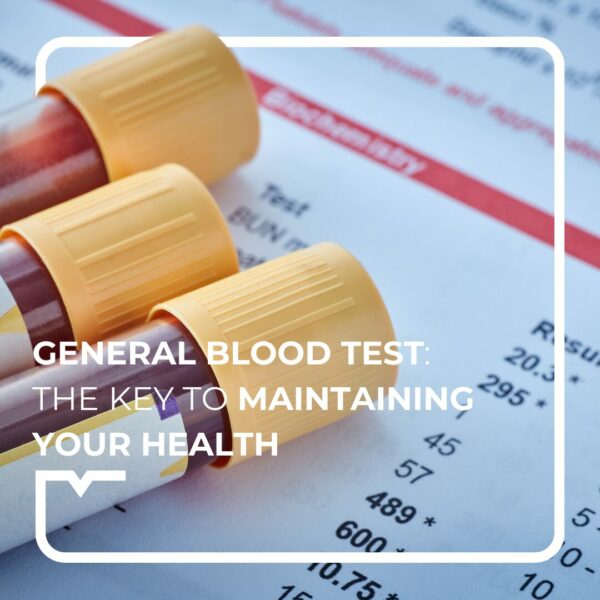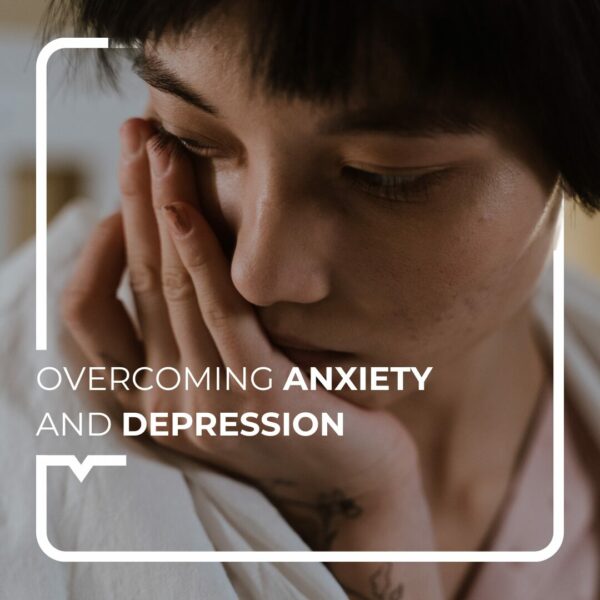Hello, I’m Dr Joy,
During a recent consultation with a patient, she told me that she was having difficulty managing her relationship with her partner, who has a difficult personality.
As we talked, it became clear that she often experienced complicated relationships with people around her without knowing what to do.
I realised that many people were in the same situation and didn’t have the tools to understand and manage this type of relationship.
I decided to take a closer look at the subject.
1. Complicated day-to-day relationships
Learning to manage complicated relationships is not easy, simply because it depends not only on you, but also on the person with whom you are in a relationship.
Trying to communicate with someone who has a difficult personality can be exhausting, especially if they suffer from a particular pathology.
These complicated relationships can exist in all spheres of life:
- With a partner who makes the relationship difficult to live with on a day-to-day basis and affects family life,
- With your children, making you question your ideas about education and parenting,
- With colleagues at work, making it difficult to manage interpersonal relationships and undermining the common goal of the team.
When we experience a complicated relationship with someone close to us, the first thing to understand is that we are responsible for our emotions.
If an individual feels attacked by a difficult personality and continues to dwell on these conflicts and aggressions without trying to find a solution, they have the power to detach themselves from the situation and find a way out.
To do this, they first need to identify the exact nature of the problem so that they can learn conflict resolution and effective communication.
2. What is a difficult personality?
We all know people who have unpleasant attitudes, or even excessive behaviour:
- Condescending,
- Scornful,
- Dreary,
- Unsympathetic,
- Disobliging,
- Insulting…
Some people also suffer from personality disorders: paranoia, narcissism, passive-aggressive behaviour…
What they all have in common is an inability to question themselves.
A difficult personality is characterised by excessive character traits and a poor capacity for introspection: the person who makes relationships difficult often thinks that his or her behaviour is appropriate and that it is others who are wrong.
For the individual, his behaviour and the way he manages his emotions are the best, no matter what those around him or society say.
This difficulty in seeing things as they are makes everyday life painful for those who suffer from these relationships, but also for the person who creates them: the individual is unable to cope with the demands and rules of society and suffers as a result.
It’s important to note that we can’t change the personality of a difficult person, but by adapting our reactions and the way we interact with the complicated person, it’s possible to observe changes in their behaviour.
3. Toxic relationships
A relationship is considered toxic when it creates a state of suffering in one of the people involved.
The person feels exhausted, their self-esteem is diminished, everything is negative and there is a lack of communication and trust.
Difficult personalities are often unable to change because their wounds are too deep and their defences too strong to be broken.
When a person comes to us because they are in this type of relationship, we try to work on their feelings, the way they interact and the reasons why they are in a relationship that is clearly not for them with a person who cannot change.
4. Learning to manage complicated relationships
There are several forms of therapy for learning to manage these relationships on a day-to-day basis.
We always work on the person who is experiencing the difficult relationship, not on the person who is causing it for the other person.
- EFT: A method often used to deal with complicated relationships that involves releasing upsetting and negative emotions.
By stimulating acupuncture points and using positive affirmations, the person can see the situations and thoughts they are rehashing in a new light and break out of repetitive patterns. EFT is a solution for learning to better manage your feelings and communicate effectively with a difficult personality. - EMDR: This brief therapy involves focusing on emotions while following external cues (such as eye movements).
It facilitates better communication and the restoration of self-confidence, while reducing the impact of past conflicts. EMDR also provides tools for stabilising emotions and better understanding reactions to complicated relationships. - Psychology: Psychotherapy is a great help in learning how to manage complicated relationships. It helps you explore ways of resolving conflict and helps you communicate your feelings and needs effectively.
It’s a real support that helps you to understand yourself better, to approach relationships differently and to identify the causes and consequences of being in a relationship with a difficult personality. - Couples or family therapy: This involves both parties in a complicated relationship. The aim is to help them live their relationship in a calmer way, to learn to understand each other, to grow together and to resolve conflicts effectively.
Thanks to the therapist, who acts as a mediator, the two people can express their feelings and emotions in a safe environment using caring methods. For couples or family therapy to work, both people need to be in a state of open communication and trust.
Beijinhos!
Sources :



